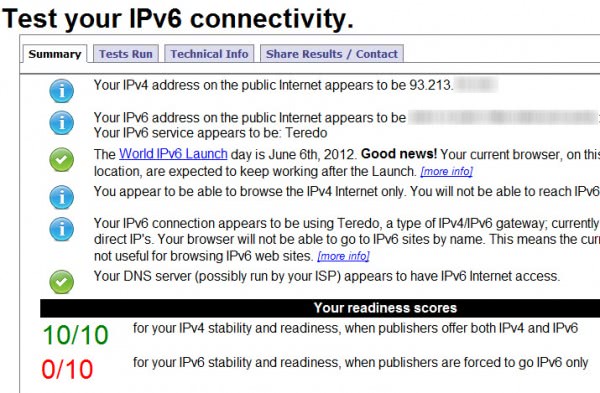Whenever a device or user connects to the Internet, an IP addresses is assigned to the device. This may be a temporary IP address that may get changed with every connection, or a static IP address that never changes. The Internet has now come into a situation where there are more requests for IP addresses than available addresses. This leads to a situation where growth on the Internet is slowed down because of that fact.
The current IPv4 address space is good for 4.3 billion IP addresses, a large number but not nearly large enough. Consider this: there are more smartphones alone available in the world than IP addresses available. And smartphones are not the only devices that people make use of to connect to the Internet. They have desktop PCs, laptops, printers, gaming systems and maybe even refrigerators that can also connect to the Internet. Plus, there is the business side of things, with servers and networks that also need IP addresses.
Basically, the world has run out of IP addresses, and that's why the new standard IPv6 is being launched today. Being launched does not mean that it will be switched on, and the other will be switched off. Internet Service Providers, websites and network hardware manufacturers are merely enabling IPv6 for their products permanently on that day.It will run in parallel with IPv4 for some time.
For the majority of Internet users, nothing changes at all today. You will still be able to connect to the Internet as usual, and access websites and services like before. Depending on the devices and operating systems used, some users may even need to upgrade their hardware or software in the future before they become IPv6 compatible. For now though, thanks to IPv4 and IPv6 running in parallel, Internet connectivity should not be any different from yesterday, or a year ago.
If you are interested in your system's IPv6 compatibility, you can run this little test in a web browser of your choice to find out more about it.
The transition from IPv4 to an exclusive use of IPv6 will take years. Some experts estimate the transition time to be ten years or more before IPv4 will be retired for good. The best way to find out more about how IPv6 will affect you is to contact your Internet Service Provider.


No comments:
Post a Comment